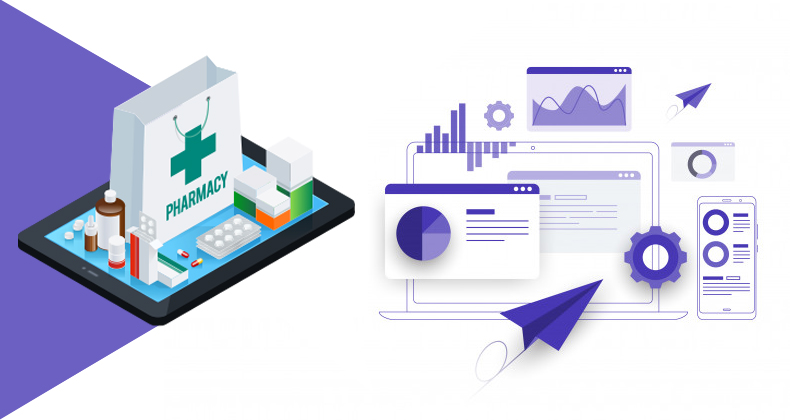Big Data Analytics is making a big impact in the pharmaceutical industry. Pharmaceutical manufacturers are using Big Data Analytics solutions to understand their requirements and do better business. Here is an article on how Big Data Analytics is helping them.
1) Accelerate pharmaceutical drug discovery and development
Researchers analyze vast datasets including patient data, clinical trial data, and scientific publications to accelerate drug discovery. Predictive analytics solutions helps them to zero down to the relevant information and gather knowledgeable insights during the drug discovery. Predictive modelling enables scientists to predict drug interactions, drug inhibition, toxicity levels, and thus accelerates drug development.
The pharmaceutical industry has already started to share data to accelerate Big Data and Analytics. For example, Project Data Sphere is a data sharing scheme by AstraZeneca, Bayer, Celgene, Janssen Research and Development, Memorial Sloan Kettering Cancer Center, and Sanofi. These companies are sharing their past cancer research data to help researchers to find better medicines.
2) Improve the efficacy of clinical trials
Clinical trials can be expensive and finding the right combination of patients can be tedious. Big Data Analytics solutions help to identify the right patients for trial. It analyzes the demographic and historical data to narrow down the patients. Besides, Big Data solutions for pharmaceutical companies include remote patient monitoring, historical clinical trial reviews, and potential side effects determination. In addition, genetic data and personality traits enable pharmaceutical enterprises to identify niche patient groups, accelerate clinical trials, and decrease overall costs.
3) Target specific patient populations more effectively
Efficient clinical trials leads to precision medicine, where the diagnosis and treatment are based on relevant patient data such as behavioral patterns and genetic makeup. The data helps to spot trends and patterns to create targeted medicines. Pharmaceutical companies produce personalized medicines specific to the patient’s lifestyle and genetic combination.
For example, Pfizer is using EMR data, genomic data, clinical trial data to determine new opportunities and produce targeted medicines. This approach helped the enterprise to identify a small group of lung cancer patients who had a ALK gene mutation. Consequently, the company formulated XALKORI® for lung cancer patients with ALK gene mutation.
XALKORI® creation would have taken more time had the compound been tested against a wide range of lung cancer patients. Also, the medicinal effectiveness could have reduced. Big data analytics has helped to find the specific patient group effective to XALKORI®.
4) Better patient insights to improve medication adherence and healthcare outcomes
Big data from remote sensor devices integrated with analytic models helps to gain detailed patient behavior insights. Pharmaceutical companies use big data to create targeted services specific to demographics and patient risk levels.
For example, PepPill® from Deevita is an app for consumers to buy medicines and get medication reminders. The app is helping patients who are forgetting to take their medicine at the right time. PepPill is a cloud-based mobile solution that send notifications to the consumers’ smartphones reminding to take the medication. Consequently, the consumer can ensure 100% medication adherence.
5) Improve pharmaceutical safety and risk management
Data from digital media often act as warnings to pharmaceutical companies when there are product safety issues. Pharmaceutical companies have started to leverage such unstructured data and act before product safety damages the brand value. The internet is a big source of data from the public and a vital source for data analysis.
Pharmaceutical companies note how users on different digital media comment, and they understand the public sentiment. These approaches help to determine the patient data of interest and safety-related information.
6) Improved marketing and sales insights
Analyzing data from social media, EMRs and other data sources helps pharmaceutical companies to find new and unobserved markets. Besides, evaluating the sales team efforts and analyzing the sales team feedback on clients, enables the companies to stay ahead of the competition.
For example, Pfizer has been working with Noux to better capture information on sales, marketing, and distribution. Pfizer now better understands when doctors prescribe a specific medication, tracks competition, and measures sales team performance. So, Pfizer is now making better data-informed decisions faster.

